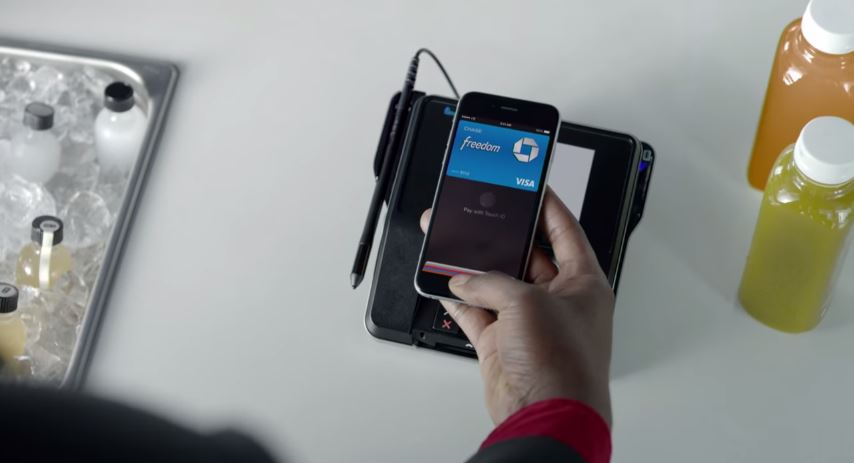Samsung snaps up mobile payments company to challenge Apple Pay

Samsung’s got a new Apple Pay rival on the way. Photo: Apple
Apple’s mobile payments service Apple Pay is working out better than anyone dared hope, so naturally Samsung is keen to get in on the act.
To do this, Samsung has announced that it has come to an agreement to acquire mobile wallet solution provider LoopPay, a company it was already an investor in.
“We are excited to take our relationship with LoopPay to the next level, by bringing consumers a mobile wallet solution that is not just safe and reliable, but also widely accepted at more locations than any competing service,” said David Eun, EVP of Samsung’s Global Innovation Center. “Through this deal we can significantly accelerate our mobile commerce efforts. LoopPay’s outstanding leaders and team have deep-rooted relationships with banks, card networks and merchants that will complement those Samsung has established over the years.”
Although Samsung is going to have to go a long way to be mentioned in the same sentence as Apple Pay — as opposed to less widespread mobile payment services like Google Wallet — it does have one key advantage over Apple’s technology. Rather than requiring that stores upgrade their pay terminals so that they use NFC (Near Field Communication) as Apple Pay and Google Wallet do, LoopPay’s technology transforms existing magnetic stripe readers into contactless receivers.
In other words, it’s already available in more stores than Apple Pay. Whether people use it, of course, is another matter entirely. You can get a better idea of how LoopPay works by watching the below video:
https://www.youtube.com/watch?v=bw1l149Rb1k
The news about Samsung’s LoopPay acquisition doesn’t come as a surprise. Late last year, it was reported that Samsung was discussing a licensing deal to expand its mobile payment offerings way beyond its existing deal with PayPal.
LoopPay CEO Will Graylin didn’t comment specifically on the deal, but he said his company’s technology would be integrated into a mainstream smartphone in 2015, giving “massive penetration.” While he didn’t name the phone, the description certain made it sound like a Samsung flagship device like the Galaxy S6.
Source: iClarified


